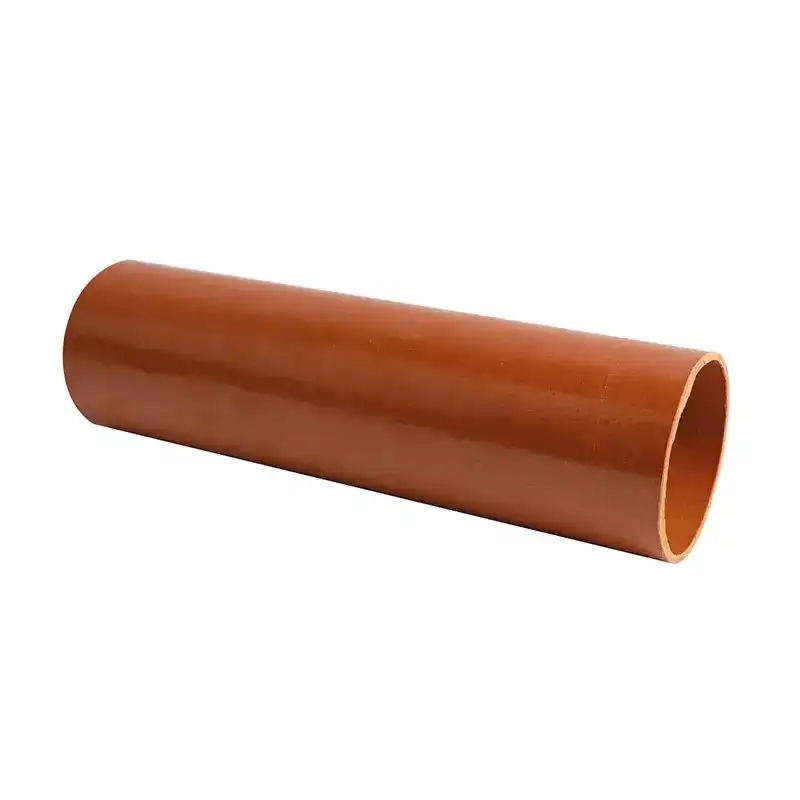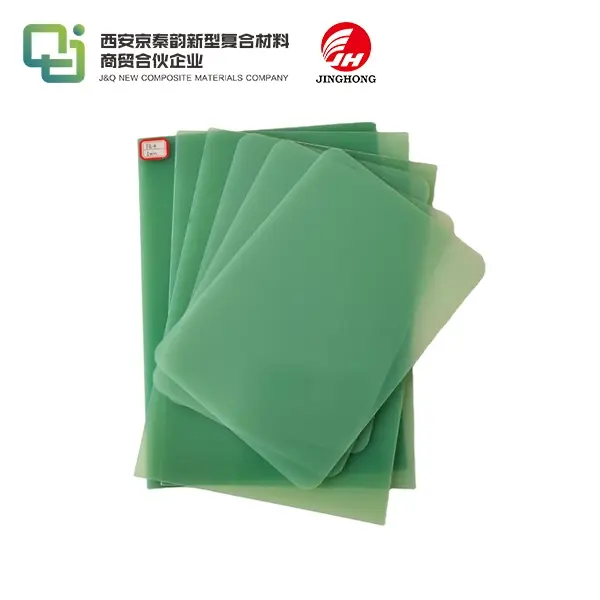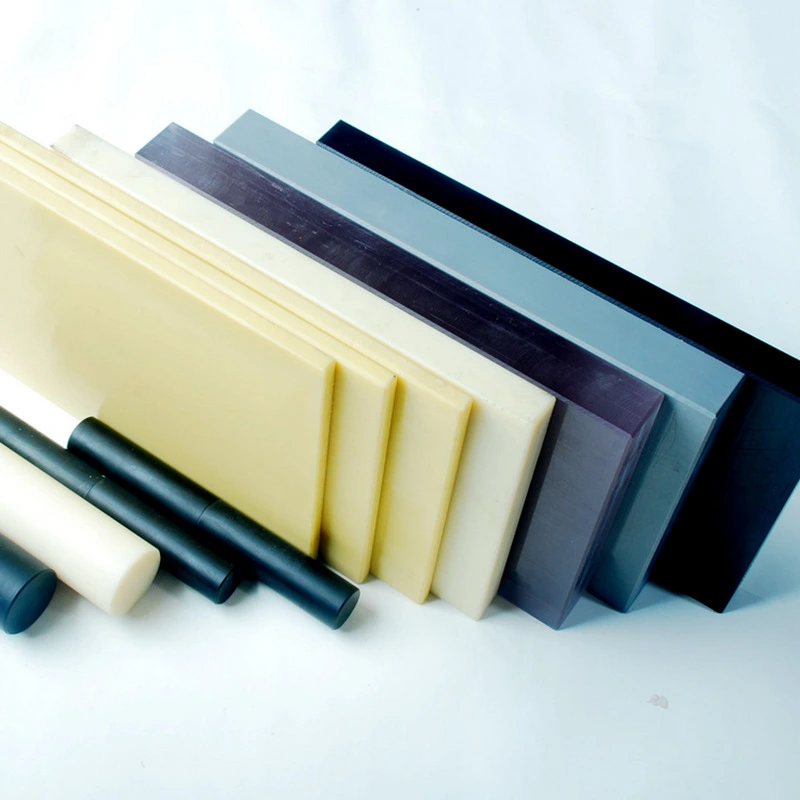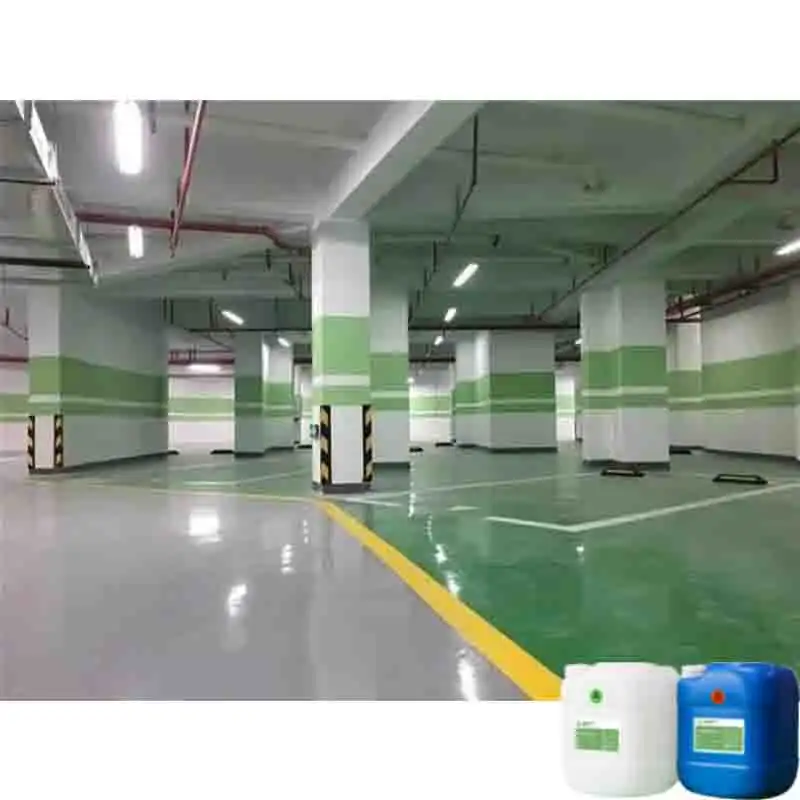What are the applications of Epoxy FR4?
2024-08-19 14:02:50
Epoxy FR4, a widely recognized composite material, is renowned for its excellent mechanical and electrical insulating properties. Derived from woven fiberglass cloth with an epoxy resin binder, Epoxy FR4 is a go-to material in various industries. Its versatility, durability, and reliability make it an essential component in modern manufacturing processes. In this blog, we will explore the applications of Epoxy FR4, highlighting its significance in different fields.
Epoxy FR4 in Electronics: The Backbone of Circuit Boards
One of the most prominent applications of Epoxy FR4 is in the electronics industry, where it is primarily used as a base material for printed circuit boards (PCBs). PCBs are essential components in nearly all electronic devices, from simple gadgets like calculators to complex systems like computers and smartphones. The primary reasons for using Epoxy FR4 in PCBs include:
Electrical Insulation
Epoxy FR4 provides excellent electrical insulation, preventing electrical interference between different components on the board. This characteristic is crucial in maintaining the integrity and functionality of electronic devices.
Mechanical Strength
The material's robust nature ensures that the PCB can withstand physical stresses during assembly and operation. This durability is vital for the longevity of electronic products.
Thermal Stability
Epoxy FR4 exhibits superior thermal resistance, allowing PCBs to operate effectively even at elevated temperatures. This property is particularly important in high-performance electronics that generate significant heat.
In addition to its use in traditional PCBs, Epoxy FR4 is also employed in multilayer boards, where several layers of circuits are stacked together to save space and enhance functionality. This application is common in advanced electronics, such as smartphones, where space is limited, and performance is critical.
Epoxy FR4 in Industrial Applications: A Reliable Insulating Material
Beyond electronics, Epoxy FR4 finds extensive use in various industrial applications, particularly in environments requiring high mechanical strength and electrical insulation. Some of the key industrial applications include:
Electrical Insulation Components
One of the primary uses of Epoxy FR4 in industrial applications is the production of electrical insulation components. In industries such as power generation, transmission, and distribution, high-voltage equipment is commonplace. The reliability of this equipment depends heavily on the quality of its insulating components, which are responsible for preventing electrical leakage and ensuring safe and efficient operation. Epoxy FR4 is the material of choice for manufacturing critical insulation parts like bushings, spacers, and insulators. These components must withstand harsh conditions, including exposure to high voltages, extreme temperatures, and physical wear, all while maintaining their insulating properties. Epoxy FR4's excellent dielectric strength and thermal stability make it ideally suited for these demanding environments, ensuring that equipment operates safely and efficiently over extended periods.
Mechanical Parts
In addition to electrical insulation, Epoxy FR4's mechanical properties make it highly suitable for the production of various industrial parts that need to endure high levels of stress and wear. For example, it is used in the manufacturing of gears, bearings, and structural supports that are integral to the operation of heavy machinery. The material’s strength and resistance to wear and tear allow these components to function reliably even under intense conditions, such as high pressure or repetitive motion. This durability not only extends the service life of the parts but also reduces maintenance costs and downtime, which are crucial factors in industrial operations where efficiency and cost-effectiveness are paramount.
Aerospace Industry
The aerospace industry is another field where Epoxy FR4's properties are highly valued. In aerospace applications, materials must meet stringent criteria for weight, strength, and reliability, as they are often subjected to extreme conditions. Epoxy FR4 is used in the construction of lightweight structural components that contribute to the overall integrity and performance of aircraft. Moreover, its role as an insulating material for electrical systems in aerospace applications is critical, given the need for reliable operation in environments that can experience rapid changes in temperature and pressure. The material’s thermal stability ensures that it can withstand the extreme temperatures encountered during flight, while its mechanical strength provides the necessary support for components that are subjected to continuous stress.
Epoxy FR4's versatility in industrial applications highlights its importance as a reliable and durable material, capable of performing in challenging environments.

Epoxy FR4 in Automotive Engineering: Enhancing Safety and Performance
The automotive industry has also embraced Epoxy FR4 for various applications, particularly in enhancing vehicle safety and performance. As vehicles become more reliant on electronic systems, the demand for materials like Epoxy FR4 has increased. Key applications in automotive engineering include:
Engine Control Units (ECUs)
ECUs are critical components that control various functions within a vehicle, such as fuel injection, ignition timing, and emissions control. Epoxy FR4 is used in the PCBs of ECUs due to its electrical insulation properties and ability to withstand high temperatures and vibrations.
Battery Management Systems (BMS)
With the rise of electric vehicles (EVs), BMS has become essential for monitoring and managing the health of vehicle batteries. Epoxy FR4's thermal stability and electrical insulation make it an ideal material for the PCBs used in BMS, ensuring the safe and efficient operation of EVs.
Safety Systems
Epoxy FR4 is also used in the PCBs of various safety systems, including airbags, anti-lock braking systems (ABS), and electronic stability control (ESC). These systems rely on the material's reliability and performance to function correctly, protecting passengers in critical situations.
As the automotive industry continues to evolve, the role of Epoxy FR4 in ensuring the safety and efficiency of vehicles will only grow more significant.
Conclusion
Epoxy FR4 is a versatile material with applications across various industries, from electronics and industrial manufacturing to automotive engineering. Its excellent electrical insulation, mechanical strength, and thermal stability make it an essential component in many modern technologies. As industries continue to innovate and demand more reliable materials, the importance of Epoxy FR4 will undoubtedly increase.
Whether you're involved in electronics manufacturing, industrial applications, or automotive engineering, understanding the applications of Epoxy FR4 can help you make informed decisions about your material choices. If you want to learn more about Epoxy FR4, feel free to contact us at info@jhd-material.com.
References
1. "Epoxy Resin and FR-4 Composite Material Properties and Applications" Material Science Review.
2. "Understanding Epoxy FR4 Laminates and Their Use in Electronics" Electronics Journal.
3. "The Role of FR4 in Printed Circuit Boards: A Comprehensive Overview" PCB Design Magazine.
4. "Epoxy FR4 in Industrial Applications: Benefits and Uses" Industrial Materials Today.
5. "Epoxy FR4: Key Material for Automotive Engineering" Automotive Engineering Review.
6. "Thermal and Mechanical Properties of Epoxy FR4 for Aerospace Applications" Aerospace Materials Research.







